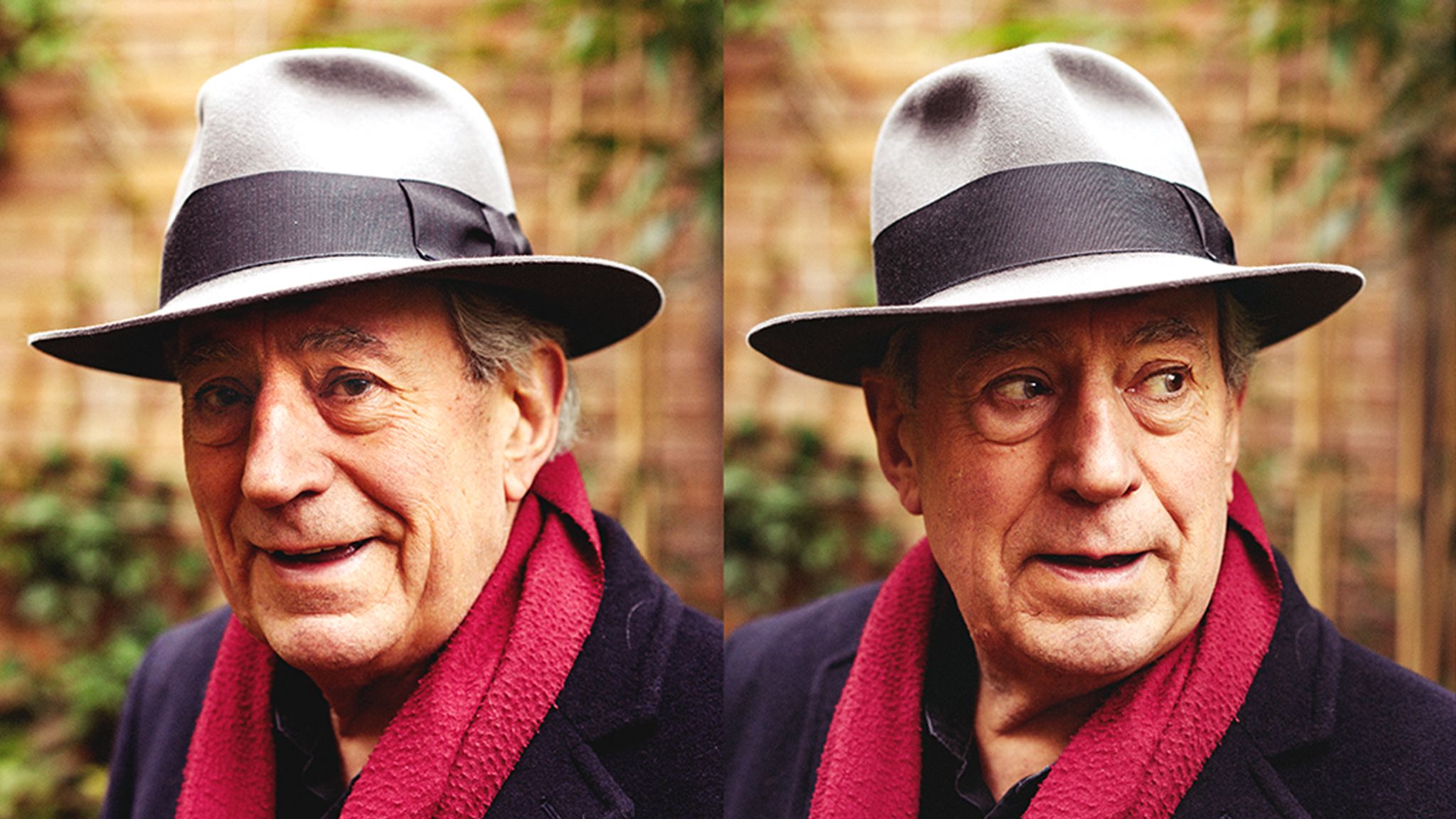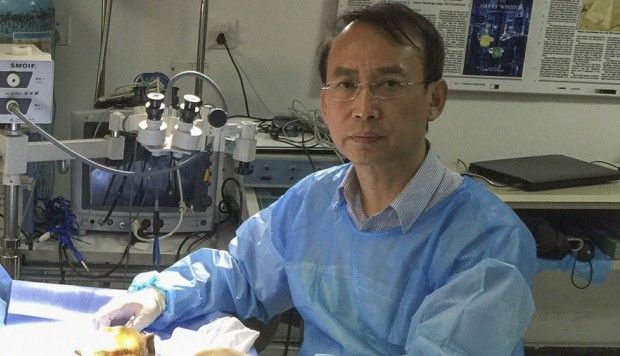Archive for the ‘biotech/medical’ category: Page 2357
Nov 23, 2017
Prion seeding activity and infectivity in skin samples from patients with sporadic Creutzfeldt-Jakob disease
Posted by Dan Kummer in categories: biotech/medical, robotics/AI
Another case of idiot MD’s who think they know everything not wanting to test for CJD, and getting mad when something they dont know existed contaminating instruments and spreading diseases.
AI doctors soon please.
Sporadic Creutzfeldt-Jakob disease (sCJD), the most common human prion disease, can be transmitted via neurosurgical instruments or corneal or dura mater transplants contaminated by infectious prions. Some epidemiological studies have associated sCJD risk with surgeries that involve the skin, but whether the skin of sCJD patients contains prion infectivity is not known. Orrú et al. now report detectable prion seeding activity and infectivity in skin from sCJD patients, although at much lower levels compared to brain tissues from sCJD patients. These data suggest that there may be a potential for iatrogenic sCJD transmission through skin.
Nov 23, 2017
CRISPR Can Now Hitch a Ride on Nanoparticles to Battle Disease
Posted by John Gallagher in categories: biotech/medical, nanotechnology
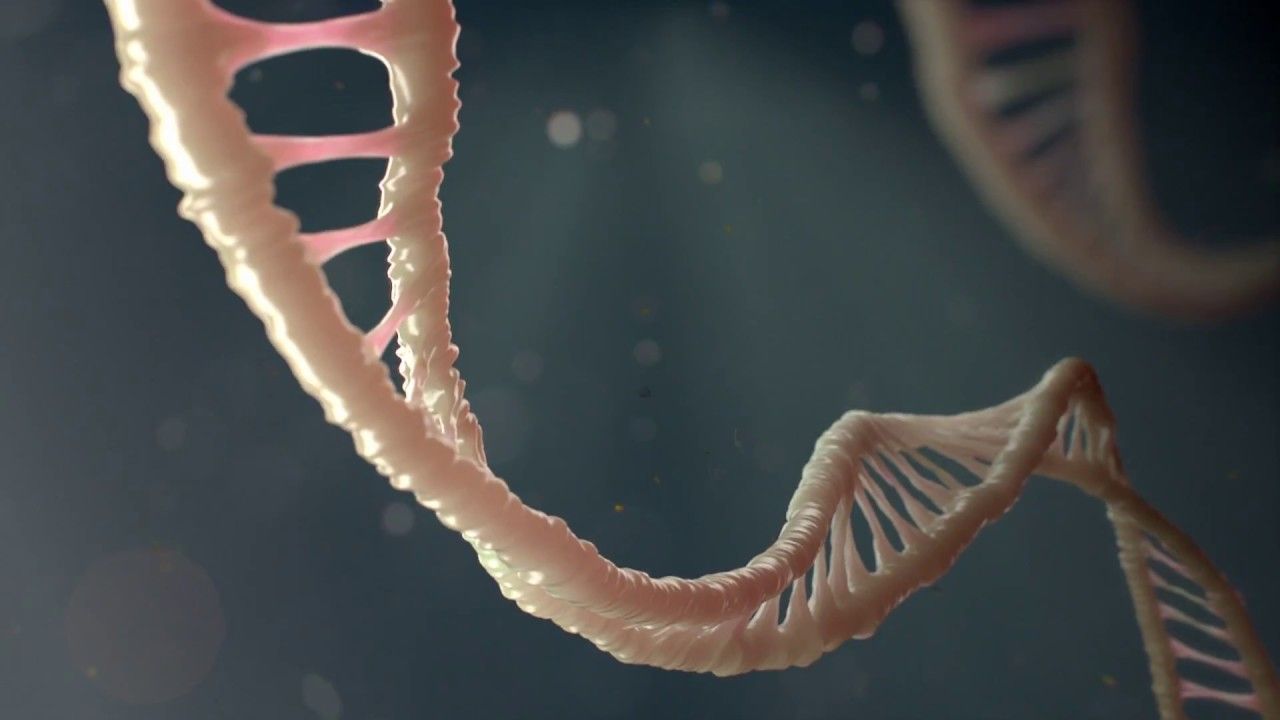
Yet CRISPR has a dirty secret: there’s really no perfect way to deliver the “molecular scissors” safely into cells. Most methods currently rely on viruses: the DNA that encodes the CRISPR machinery is spliced into a “viral vector” then injected into the troubled tissue.
That’s all well and good for diseases that affect blood and muscle. But for destinations buried deep within the body, delivery becomes a serious issue.
Continue reading “CRISPR Can Now Hitch a Ride on Nanoparticles to Battle Disease” »
Nov 20, 2017
Why Longer Lives Thanks to Science Will Probably Not Create Cultural Stagnation
Posted by Steve Hill in categories: biotech/medical, life extension, science
You probably know the quote by Steve Jobs saying that death is life’s single best invention because it gets rid of the old and makes room for the new. This view is the core of another fairly common objection to rejuvenation, codename “cultural stagnation”.
Wouldn’t all those rejuvenated people, however physically young, be always old people “inside”, and drag everyone down with them into their anachronistic, surpassed ways of thinking, making it harder for fresh ideas to take hold, ultimately hindering social progress and our growth as a species? Maybe it’d be best not to take the risk, forget rejuvenation, and be content with old age as it is.
Well, try explaining to your grandfather that the reason he has to put up with heart disease is that we’re afraid people his age may all become troublemakers when you let them live too long.
Nov 20, 2017
We are happy to announce Dr. Michele Calos as a speaker for the 2018 Undoing Aging Conference
Posted by Michael Greve in categories: biotech/medical, life extension
Dr. Calos’s work has inspired us for over a decade: she has pioneered a radically novel approach to gene therapy that has the potential to overcome all the key obstacles that have held that field back for so long. We are delighted to welcome her to Berlin to discuss the latest advances in this technology.
https://www.undoing-aging.org/news/dr-michele-calos-to-speak…aging-2018
Nov 19, 2017
Chinese surgeon tackles head transplant critics in countdown to world first
Posted by Dan Kummer in category: biotech/medical
Doctor says test run on corpses last week helped explore technical issues and results will be published soon.
Nov 19, 2017
World’s First Cloned Dog Has Been Cloned Again
Posted by Dan Kummer in categories: biotech/medical, entertainment, health
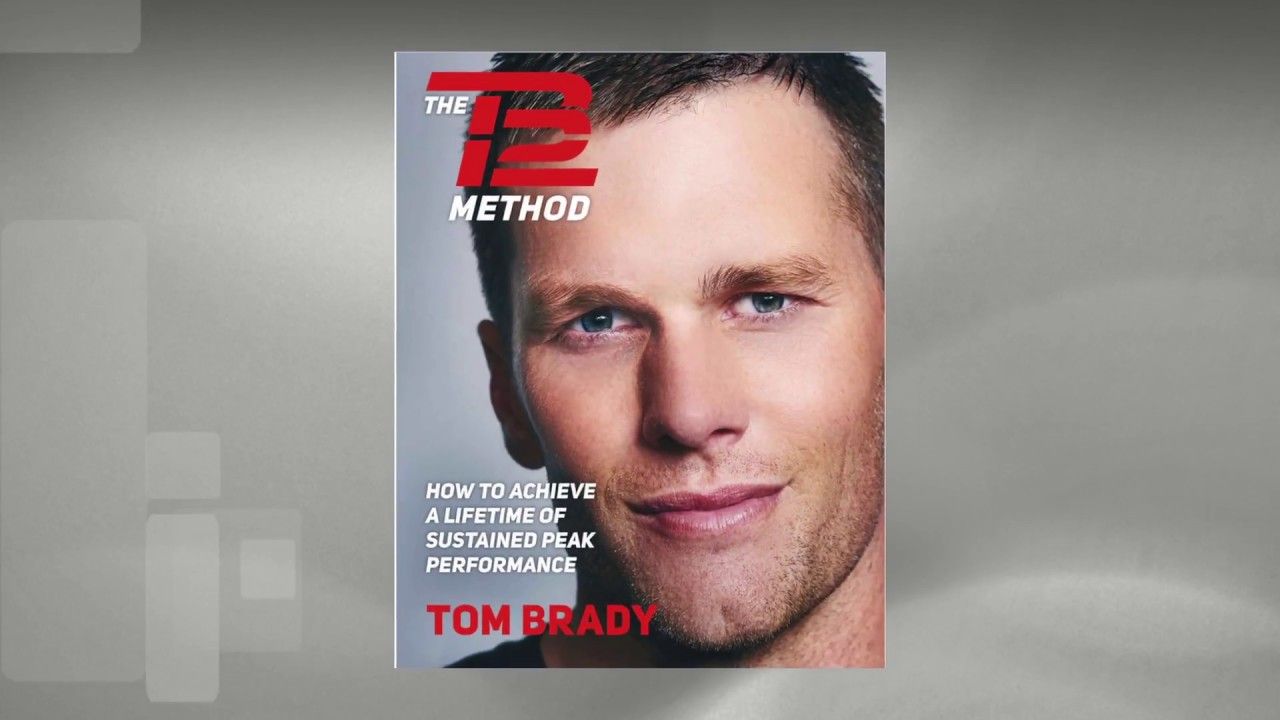
“How healthy are clones? What about clones of clones?”
This seems like a pretty silly way to go about testing this. I’d clone like 1,000 to 10,000 mice and track them down generations to see if there was anything abnormal. Then, 1,000 cloned rats. And, finally clone 100 monkeys.
Continue reading “World’s First Cloned Dog Has Been Cloned Again” »
Nov 19, 2017
World’s First Artificial Kidney Is All Set To Replace Dialysis in 2–3 Years. Here is how it works!
Posted by Genevieve Klien in categories: biotech/medical, computing
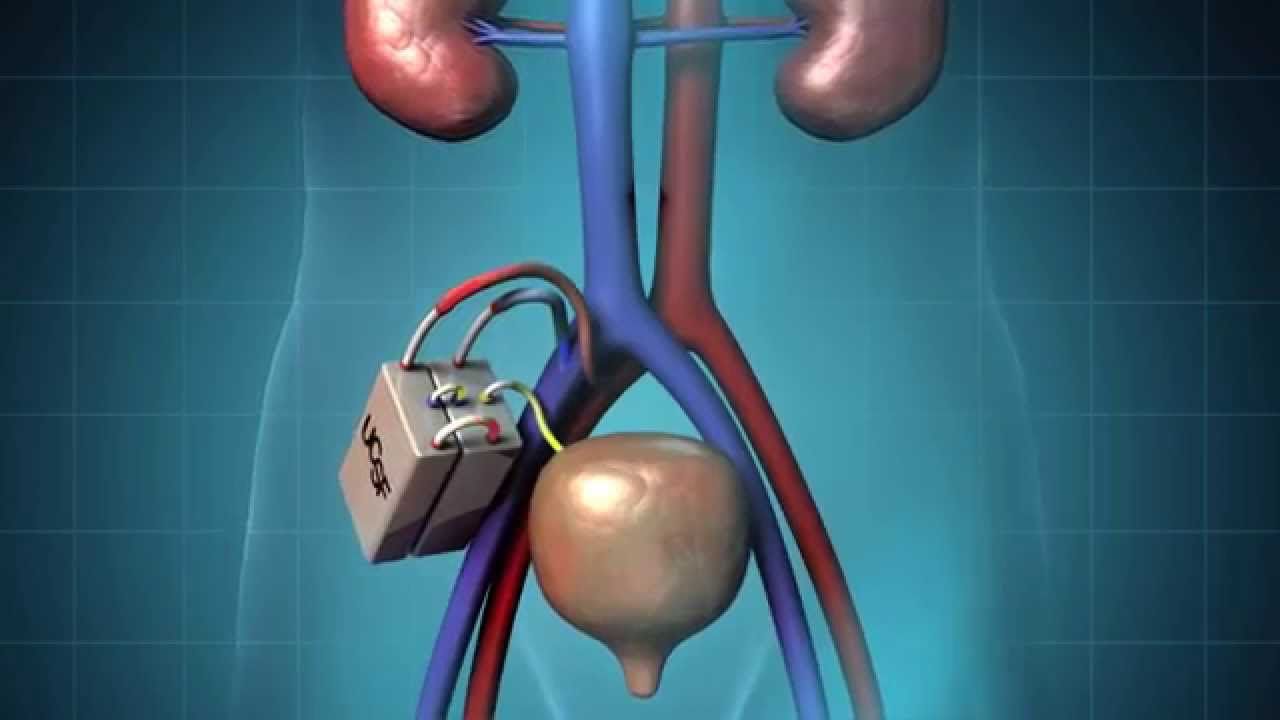
A team of university scientists has developed the world’s first artificial kidney technology to be implanted in the body. Their bio-hybrid approach uses living kidney cells in tandem with a series of specialized microchips powered by the human heart to filter waste from the blood stream.
The National Kidney Foundation estimates that over 100,000 patients are on the waiting list for a donor kidney, and over 3,000 are added list each year. The average patient spends 3.6 years waiting for a viable transplant, and may be treated with dialysis while they wait, but only one in three dialysis patient survives longer than five years without a transplant.
Nov 19, 2017
Why I’m Digging Deep Into Alzheimer’s
Posted by Genevieve Klien in categories: biotech/medical, neuroscience
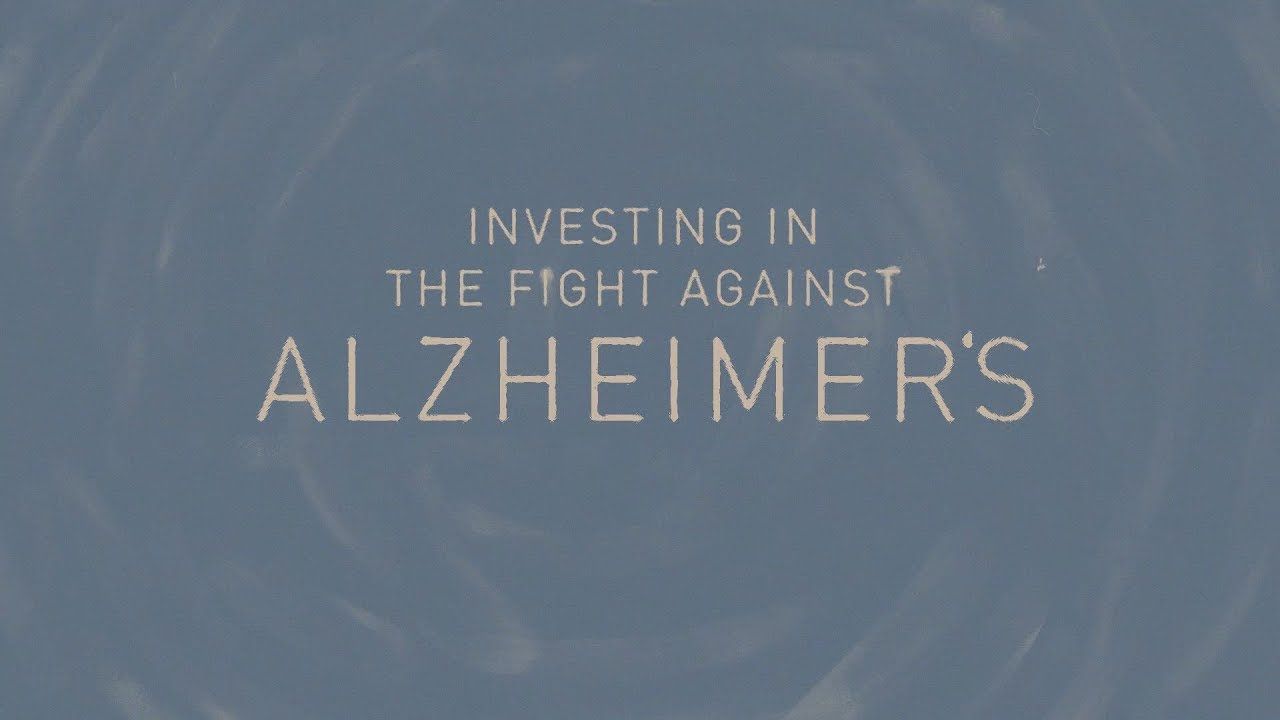
This effects whole families and their emotional well being!
Bill Gates shares his thoughts on Alzheimer’s disease and his hopes for accelerating progress to find a breakthrough.
Nov 19, 2017
Pope to lawmakers: Protect all people with health care laws
Posted by Derick Lee in categories: biotech/medical, health, sustainability
“Increasingly, sophisticated and costly treatment are available to ever more limited and privileged segments of the population, and this raises questions about the sustainability of health care delivery and about what might be called a systemic tendency toward growing inequality in health care,” the pope said.
VATICAN CITY — Pope Francis on Thursday urged lawmakers to ensure that health care laws protect the “common good,” decrying the fact that in many places only the privileged can afford sophisticated medical treatments.
The comments came as U.S. lawmakers in Washington, D.C., have been debating how to overhaul the nation’s health insurance laws.
Continue reading “Pope to lawmakers: Protect all people with health care laws” »
